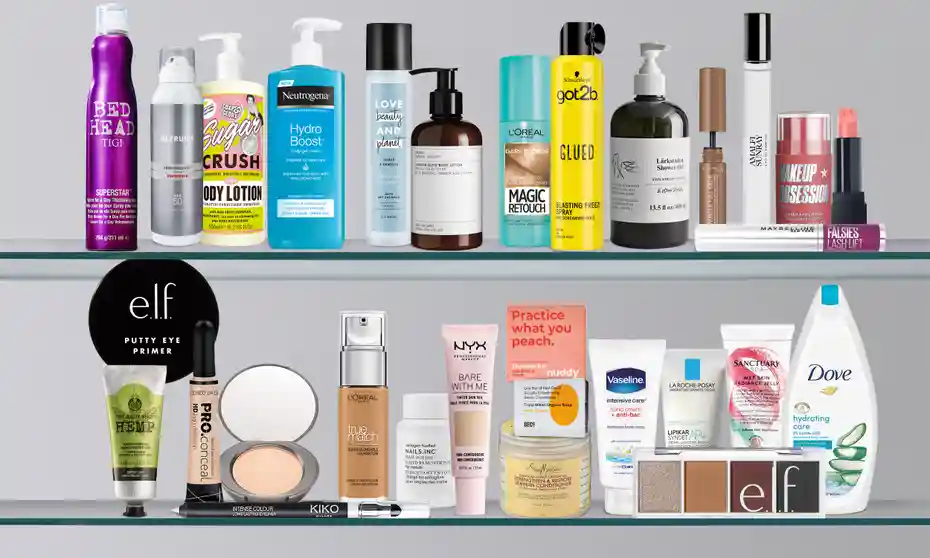You’ve probably heard of the term “paraben” but did you know that it’s a chemical that is used in most beauty products? Parabens are a group of preservatives and antimicrobials, and they’re used to keep products from absorbing water or developing mold. However, the word “paraben” is not synonymous with safe, so it’s important to be aware of its use when you’re buying beauty products.
The cosmetics industry is a thriving business, and one that is increasingly looking toward environmentally-friendly alternatives to their conventional counterparts. While the term “natural” is sometimes used to describe a product without any chemicals, it has no set definition. The cosmetics industry has long sought regulatory oversight from the FDA, but the new wave of “clean” beauty brands has led to a sea change in the beauty industry. The natural beauty movement has created a parallel industry based on the belief that clean and natural products are healthier.
In 2017, the Australian Competition and Consumer Commission conducted a survey about the risks posed by common beauty products. Its findings led to the voluntary recall of two products. Phthalates are chemicals used to make plastic products softer. The same can be said for hair spray. These chemicals can also be found in perfumes. Despite the skepticism, mainstream companies are taking note. They’ve begun to eliminate parabens and sulfates from their brands.
Another important ingredient in cosmetics is water. It forms the base for virtually every type of product. It acts as a solvent to dissolve other ingredients and creates emulsions. To achieve this, water must be ultra-pure to be safe for human consumption. This is the reason why water used in cosmetics must be free of toxins and microbes. Generally, water used in cosmetics is referred to as “purified water”.
Fragrances contain thousands of chemicals. They’re often classified as trade secrets. Listed ingredients include dibutyl phthalate, propylene glycol, benzyl acetate, and paraben. They also prolong the fragrance of cosmetics. Those chemicals are known as “phthalates” and have no legal requirement to be disclosed. They can be listed as DEP, DBP, or BZP. These chemicals are used in both cosmetics and clothing.
In fact, only one type of silica is approved for use in cosmetics. It is a human carcinogen that releases minute amounts of the substance into the environment. Claire’s recently had to recall eye shadow palettes made with talc. Another recent investigation by Reuters exposed a case of Johnson & Johnson containing asbestos, linked to ovarian cancer and mesothelioma. This is a major concern for consumers as consumers.
Lip colour cosmetics can come in waterproof formulas and are applied with fingers or brushes. Lip balms are meant to protect, moisturize, and tint lips. These products can also come in a variety of colors, and they can be used by both men and women. For the most natural look, choose lip glosses made of organic ingredients. If you are looking for a natural beauty product that will give your skin a healthy glow, try Bodyography’s Glitter Pigment.


